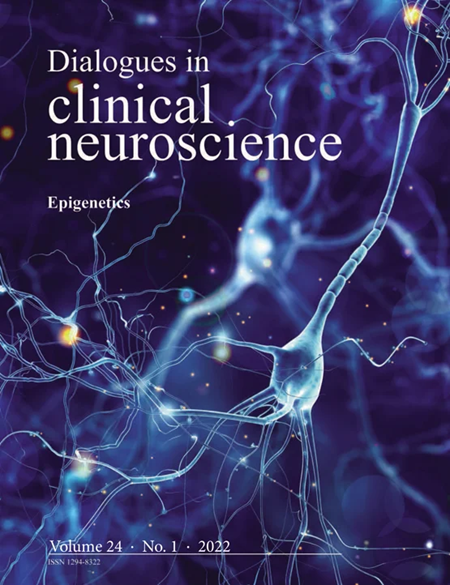致幻剂—— 精神病学的新时代?
IF 8.3
2区 医学
Q1 Medicine
引用次数: 65
摘要
本文介绍了经典迷幻药,如裸盖菇素和LSD加3,4-亚甲基二氧基甲基苯丙胺(MDMA——摇头丸)在精神病研究中的复兴。这些药物在被禁止之前被广泛使用。这项禁令对娱乐用途几乎没有影响,但有效地阻止了研究和临床治疗,到那时为止,这在精神病学的几个领域看起来非常有希望。在过去的十年里,许多团体一直在努力重新评估这些物质在医学中的效用。到目前为止,裸盖菇素治疗焦虑、抑郁、吸烟、酗酒以及MDMA治疗创伤后应激障碍(PTSD)和酗酒的初步数据非常有希望。这些发现导致欧洲药品管理局批准裸盖菇素用于治疗难治性抑郁症的3期研究,并导致美国食品药品监督管理局批准使用MDMA治疗创伤后应激障碍。这两项试验都应该在2020年进行,如果结果呈阳性,我们很可能很快就会看到这些药物被批准用于临床实践。本文章由计算机程序翻译,如有差异,请以英文原文为准。
Psychedelic drugs—a new era in
psychiatry?
This article covers the renaissance of classical psychedelic drugs such as psilocybin and LSD plus 3,4-methylene dioxymethamphetamine (MDMA—ecstasy) in psychiatric research. These drugs were used quite extensively before they became prohibited. This ban had little impact on recreational use, but effectively stopped research and clinical treatments, which up to that point had looked very promising in several areas of psychiatry. In the past decade a number of groups have been working to re-evaluate the utility of these substances in medicine. So far highly promising preliminary data have been produced with psilocybin in anxiety, depression, smoking, alcoholism, and with MDMA for post-traumatic stress disorder (PTSD) and alcoholism. These findings have led to the European Medicines Agency approving psilocybin for a phase 3 study in treatment-resistant depression and the Food and Drug Administration for PTSD with MDMA. Both trials should read out in 2020, and if the results are positive we are likely to see these medicines approved for clinical practice soon afterwards.
求助全文
通过发布文献求助,成功后即可免费获取论文全文。
去求助
来源期刊

Dialogues in Clinical Neuroscience
Medicine-Psychiatry and Mental Health
CiteScore
19.30
自引率
1.20%
发文量
1
期刊介绍:
Dialogues in Clinical Neuroscience (DCNS) endeavors to bridge the gap between clinical neuropsychiatry and the neurosciences by offering state-of-the-art information and original insights into pertinent clinical, biological, and therapeutic aspects. As an open access journal, DCNS ensures accessibility to its content for all interested parties. Each issue is curated to include expert reviews, original articles, and brief reports, carefully selected to offer a comprehensive understanding of the evolving landscape in clinical neuroscience. Join us in advancing knowledge and fostering dialogue in this dynamic field.
 求助内容:
求助内容: 应助结果提醒方式:
应助结果提醒方式:


